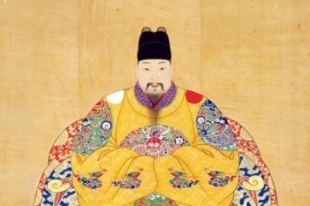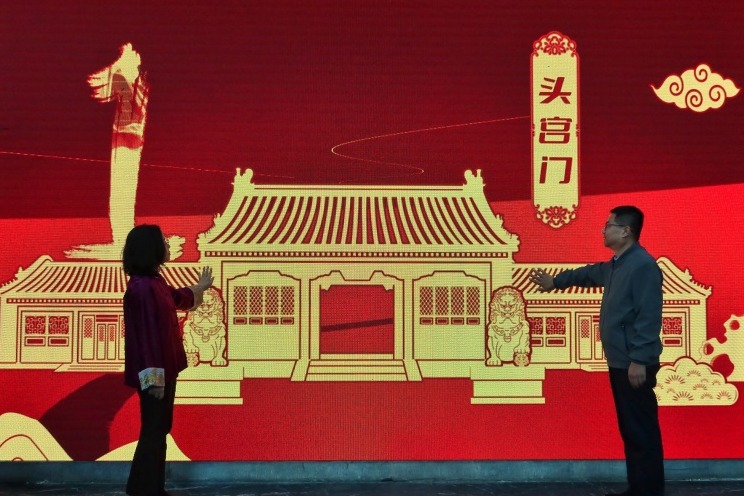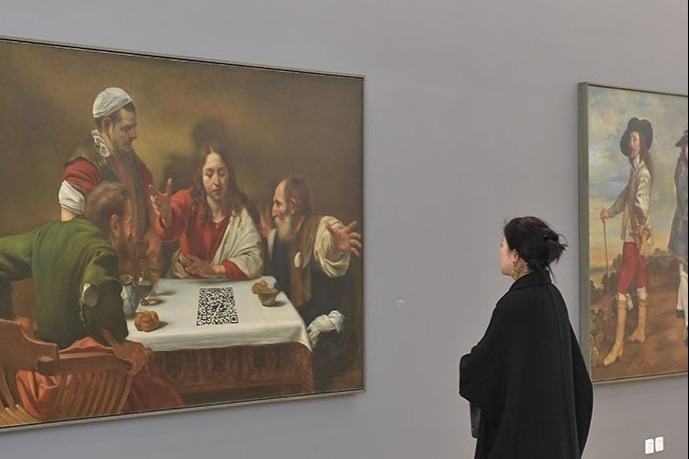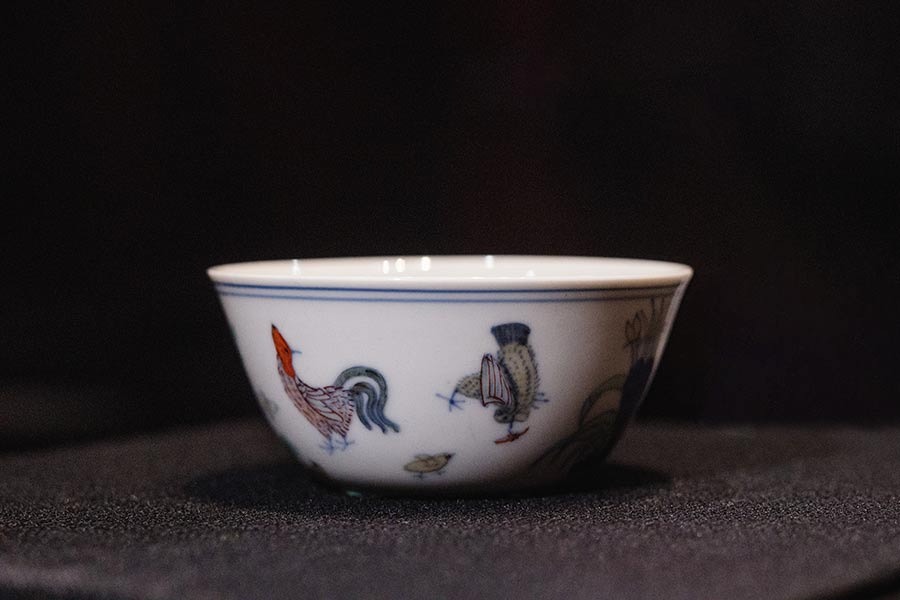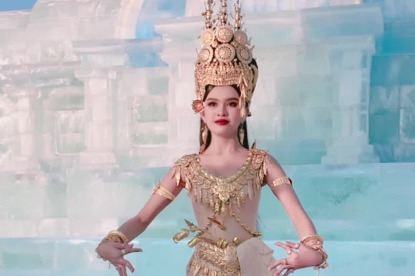When the men of Confucius met the men of Jesus

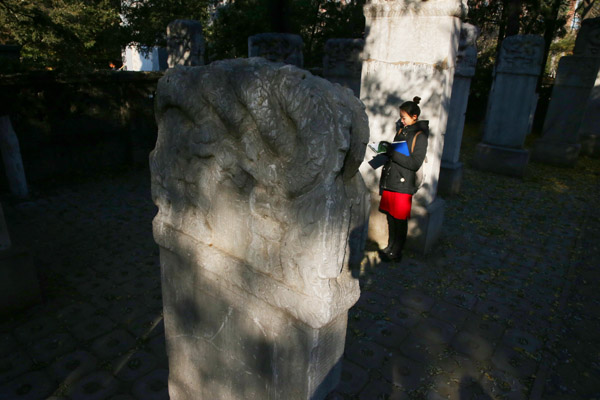
Although the inner workings of Emperor Chongzhen, the last emperor of the Ming Dynasty, will forever remain unknown, it is believed he was on the verge of being converted to Christianity before having second thoughts. (But those who came after him did: after the fall of Ming and the suicide of Chongzhen in 1644, some royal descendants and their supporters fled to the country's south, where they set up the Southern Ming regime, which lasted for another 39 years. There were princes from Southern Ming who took up the religion).
After the founding of Qing, China's last feudal empire and one set up by the minority Manchu people (China's majority ethnic group is Han, to which the Ming emperors belonged), the Jesuit missionaries enjoyed a honeymoon period with the new rulers. Little wonder, Zhang says.
"The Qing emperors, coming from a culturally backward background and not so confident about ruling over their more sophisticated subjects, turned to the missionaries as a secret weapon - Emperor Kangxi of Qing did use the cannons designed by Jesuit missionaries to repel his foes. And remember, the key to retaining a secret weapon is to keep it secret. That explains the attitudes of several Qing rulers toward the missionaries: knowledge and services of these foreigners were appreciated and even employed to fulfill the fantasy and ambition of a few, but never adopted on large scale."
"Everything advanced - technology or anything else that the Western missionaries brought to China - did not get a chance to have a real, long-term impact," he said.
In 1792, on the 80th birthday of Emperor Qianlong, grandson of Emperor Kangxi, the British government sent out its first ever official envoy to China, led by George Macartney. "After the emperor bluntly refused his request for the Qing court to open its ports on the grounds that his empire had all and therefore had no need to trade, he envoy observed that the glory of the Middle Kingdom belonged to the past," Zhang says. "He was quite right".
Within no more than 50 years the Western powers were pounding on China's long-closed doors. The warfare and the resulting unequal treaties the crumbling Qing empire was forced to sign in effect turned the missionaries into agents for colonialism in people's imagination, which sometimes was true. They became objects of hate in a land their predecessors had come to preach in.


